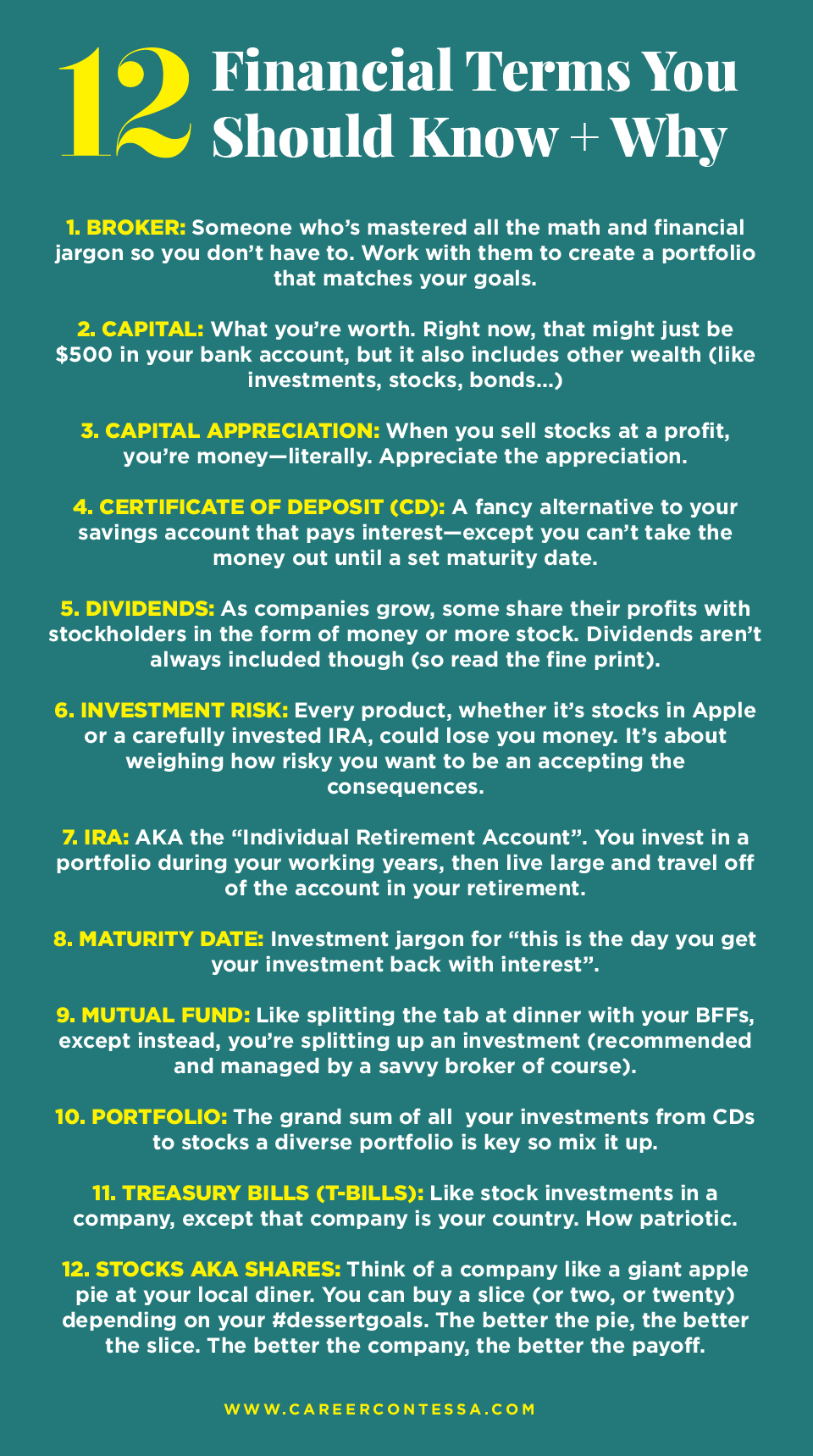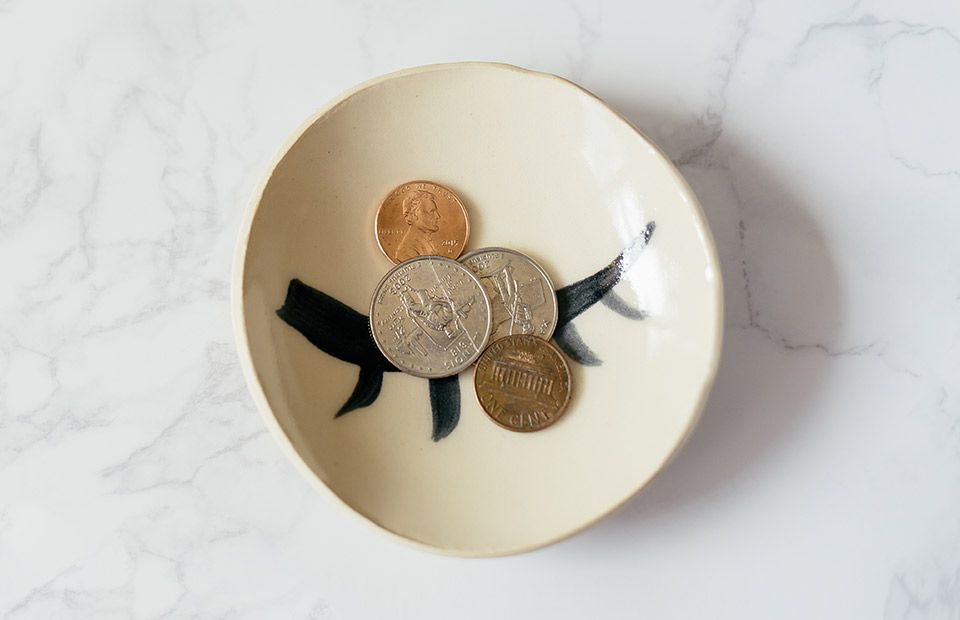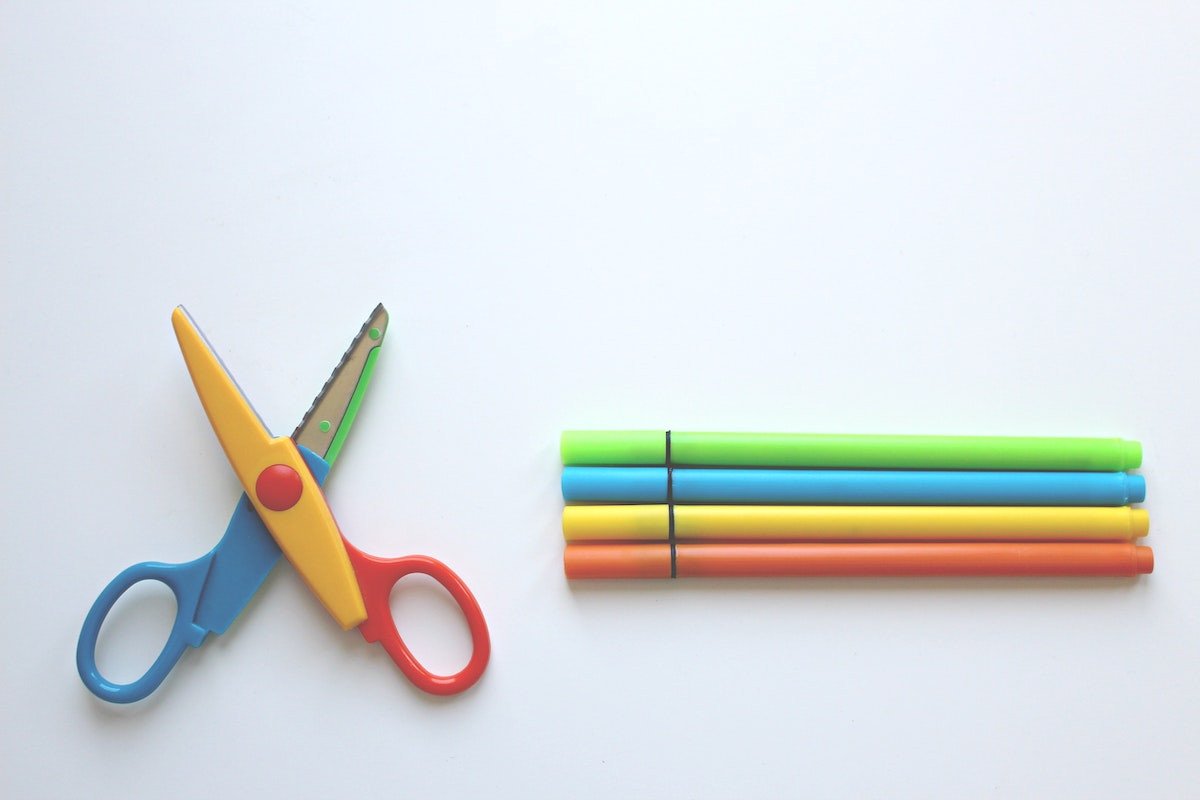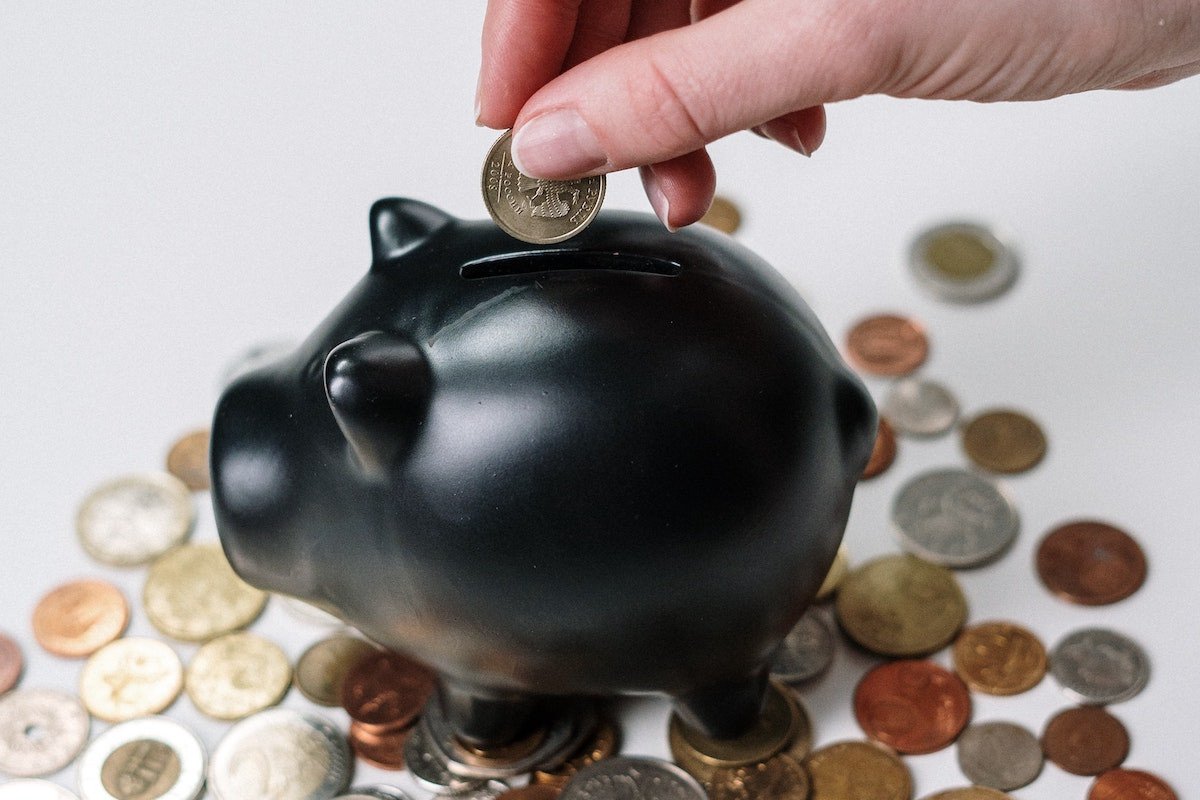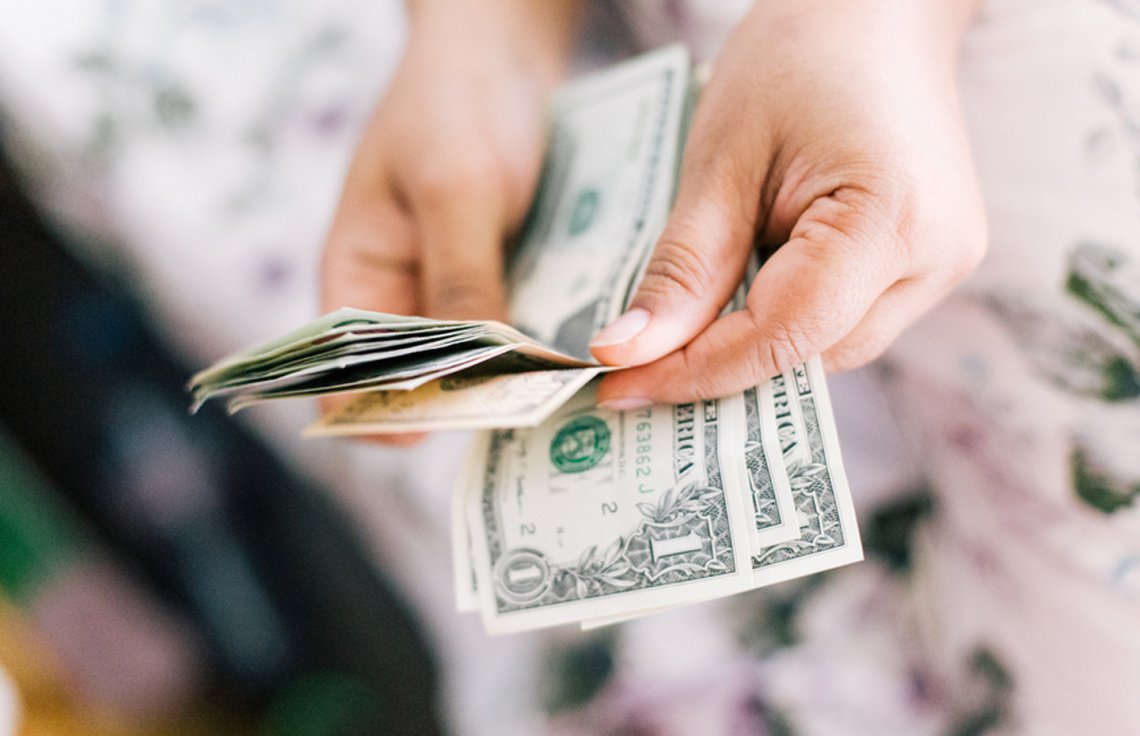For many of us the words "investment," "stock," and "portfolio" remind us of that dreaded calculus course that almost killed us our junior year of college.
While completing your math credit was required then, making use of those words in your twenties isn't. So we tend to put them off, telling ourselves that we’ll invest when we’re older or when
we start making enough money to pay someone to do it for us.
Sooner or later, though, this approach means we’ll find ourselves in a scene straight out of Sex and the City or 13 going on 30—women with plenty of expensive shoes maybe, but a checking account with barely five hundred dollars in it (if we’re lucky) and no investments. And unlike Jennifer Garner, we won’t get a chance to close our eyes, start all over again, and make better decisions.
For those of us who have not yet reached our
thirty, flirty, and thriving years (even if you
have, keep reading—these investing tips still apply), we have a chance to make great decisions concerning
our financial stability now.
Believe it or not, you’re in the best life stage to start investing and building your portfolio. We’ve got the tools to help you begin.
Psst, if you came here for the financial terms cheat sheet, scroll right on down to the bottom of this article!
How Our Investing Guide Works
Below, we outline some common investment options to get you started. Don’t worry, we’ve made it fun. This isn’t your grandpa’s stock portfolio—nor should it look like it. Instead, it's your chance to build something that feels right for you and directly benefits your life and personal goals. Here's how we break everything down:
1. We Define the Terms
All that investing jargon you’ve seen on Wells Fargo promo mailers but never understood? We explain those common terms outright so we're all on the same page regardless of investing experience.
2. We Break Down the Whys, the Whens, and the Hows
We’ve also explained why each option is worth it, any catches it might have, and we also outlined how to get started if you decide to give a particular investment option a go.
3. We Real Talk About Risks
Lastly, we’ve assigned each investment type an estimated risk level from 1-5. Think of a 1 as the lowest risk, e.g. “After weeks of planning and careful saving, I just bought a fully refundable airplane ticket for my flight to Bermuda with guarantees against cancellations or delays” and a 5 as “I just bought a raffle ticket to win an all-expense-paid trip to Bermuda. If I win, I’m going to have the best time of my life. If I lose, though, that money’s gone.”
Make sense? Here we go.
The Classic: Individual Retirement Account (IRA/Individual Pension Account)
What It Is: Think of this as an investment in your future lavish lifestyle. Often people assume this investment option is only for those approaching retirement age. In fact, it’s the total opposite. If you start investing in an IRA now, by the time you reach 55 you’ll have much more money saved than those who weren’t able to start until a later age, meaning your ahead of the game—and there’s nothing wrong with retiring early.
Why It's Worth It: The main reason you should consider investing in an IRA is because there’s little investment risk* involved. The financial institution (whether that’s an investment bank or insurance company) usually has a standard portfolio into which you invest. Then you step back and wait patiently while your money grows in the account on a tax-deferred basis (you pay taxes when you withdraw funds, see our next note).
The Catch: Note that there are penalties for early withdrawals, but as Career Contessas we know how to restrain ourselves, right?
Risk Level: 2-3. The level of risk will depend largely on the investment portfolio you choose. Usually, you're given an option to invest conservatively (low-risk investment products), moderately (willing to take on more risk), or aggressively (willing to accept greater risk). FYI, typically, institutions will advise you to take more risks the younger you are.
How to Get Started: To open an IRA, you’ll head to any large financial institution. Generally, banks, investment companies, brokerage firms, and insurance companies offer this product. It makes sense to weigh different options, although many people choose to open an IRA with whatever bank they’re already using for checking and/or savings.
I opened an individual pension account at a local pension company and opted for an aggressive portfolio, so my risk level is about 4 (I’m willing to take on the risk, but choose what’s comfortable for you and what makes sense for your financial situation).
*Every investment product carries certain risks: the stock price may go down (market risk), the company you invest in may go bankrupt, the issuer of the investment product may not be able to repay you (repayment risk), etc. Risk levels will vary among different investments. Ask your financial advisor to explain these risks in depth before making final decisions.
The Game-Changer: Certificate of Deposits
What It Is: Most of us already have a savings account at our bank of choice so you probably understand the term “interest.” CDs are offered by commercial banks as well, but they usually carry a fixed interest rate that's often more than that of a regular savings account. Also, the CD has a maturity date, which is just a fancy word for the date when the money will be due back to you (with the interest earned, of course!). CDs usually come in the amounts of $500, $1,000, $5,000 (and over).
Why It's Worth It: If you’re just looking to get your feet wet with investing, this option is a great place to start. It doesn’t require much thought or research and carries a low risk level. Give it a shot.
The Catch: When you invest in a CD, you won’t be able to get that money back until the agreed-upon maturity date. Think of it is a temporary hold—the money’s there and growing every day, it just won’t help you pay next month’s rent.
Risk Level: 2. The risk level for this product greatly depends on the financial standing of the bank. Once the bank is in business and earning revenue (giving loans, receiving deposits, etc.), your money should be safe. In most cases, if you’re going through a well-established bank, your risk is quite low.
How to Get Started: Remember that $500 in your checking account we mentioned earlier? Use that money to invest in a CD at your bank after checking out the interest rates. If you’re awful about setting aside funds, try
this magical app we discovered last month to build up the minimum you’ll need to get started.
The Patriot: Treasure Bills (T-Bills/Government Stock)
What It Is: Essentially you’re lending money to your government for a specified amount of time. In the U.S., the Treasury sells you an investment at a discount but pays you the par value (i.e., full value) at the end of your investment term.
So let’s say you invest in a T-Bill worth $1,000. You’d actually pay something like $950, but at the maturity date you receive the full $1,000. That extra $50 is classified as interest.
Here's an even better visual: imagine if you bought a $1000 Chanel purse on sale for $950, then decided it wasn’t right for you. When you go to return it, rather than honoring the sale price, the store gives you a refund for full retail, handing you $1000. Pure fiction, right? These things may not happen at Chanel, but they do at the good old U.S. Treasury Department.
Why It's Worth It: This investment is often characterized as having little to no risk since it’s backed by the government, although as a rule of thumb, remember all investments have risks.
The Catch: T-Bills are usually sold by way of an auction and large financial institutions usually buy these in bulk. Investors can submit competitive or non-competitive bids (you pay whatever price the product is trading at). In other words, this process is more hands-on than some other investment options with a bigger learning curve (see our “How to Get Started” section below).
Risk Level: 1. The U.S. Treasury is good for it.
How to Get Started: You can purchase this product from brokerage firms and other financial institutions. T-Bills are usually sold in increments of $100. You can also go directly to the treasury.
Investopedia.com outlines how this process works in depth.
The Girls Night Out: Mutual Funds
What It Is: At some point, you’ve gone to dinner with a group of friends, then pooled your funds together to pay for the large bill. Well, a mutual fund is like that, except you and your friends are pooling your money to make large investments. A financial institution manages the investment for you, and your group receives the ultimate earnings (or losses…sorry).
Why It's Worth It: Mutual funds carry more risk, but they also promise bigger payouts.
The Catch: Beyond the possibility that you might lose your investment, to open a mutual fund, you’ll need to pay a fee to the financial institution for their help and expertise in managing the fund. There are many types of mutual funds, and the terms may differ depending on the investment product your financial institution recommends so read the small print carefully.
Risk Level: 3-4.
How to Get Started: There are many types of mutual funds so getting started really means asking smart questions. Visit a mutual fund company, investment company, or brokerage firm to meet with one of their financial advisors. They'll help you determine which mutual fund best suits your financial situation, your goals, and even your values (if your group wants to choose a product you're passionate about, discuss it with the advisor).
The Old-Schooler: Stocks
What It Is: In general, a stock or alternately, a "share,” refers to an investment in a particular company. It also represents part-ownership in that company.
This is what NPR means when they use terms like "privately held" and "going public." A private company doesn't have shareholders, but if it "goes public," you get a chance to get involved. Buying stocks means that you own a certain percentage of the company itself. As the value of the company fluctuates, your stocks reflect those changes.
The way you benefit can change depending on company terms. Some companies share their profits with stockholders in the form of dividends (money/more stock*), but this isn’t always guaranteed. Other companies may focus on using the profits they make by improving their products or the company itself meaning that (ideally) the stock price would go up. If this happens you can sell your stock for a profit (investors call this “capital appreciation”).
Why It's Worth It: It makes sense to invest in stocks that seem financially promising, but that doesn’t mean you can’t pick companies you can get behind. This is your chance to support businesses that mean something to you. If you’re passionate about digital advances, that might mean investing in new technology startups. If you’re all about health and wellness, consider buying stock in some holistic companies. Here's a fun fact: Annie’s Organic went public a few years ago, offering BNNY stock (cute, right?) to investors who are passionate about natural graham crackers and healthy mac n' cheese. So you can put your money where your health foods eating mouth is.
The Catch: If the company doesn't perform well, you could end up losing on your investment. Don’t let this discourage you, though, and keep an eye on long-term gains as much as the fluctuations of the market each week.
Risk Level: 4-5.
How to Get Started: Visit a brokerage firm/broker-dealer or an investment bank to set up an account and start investing. First, decide what stock you may be interested in or consult your advisor for suggestions. Also, check your local stock exchange for information on companies that you may find interesting. Then, find out how the company is doing, the cost of the stock, and the cost of opening and maintaining a brokerage account.
*Some companies may pay dividends in the form of more stock/shares in the company instead of cash. Remember that dividends may not be promised.
Other Tips Before Getting Started
- Consult an Expert. Before you start investing and building your portfolio, consult a financial advisor. These people spent most of their lives in those dreaded calculus courses so that you don’t have to.
- Conduct Your Own Research. Although consulting with advisors is key, you should still do your own research and ask as many questions as you can. Investing requires dedicated attention. To do it, you must be diligent about your portfolio performance. Make sure you know and understand all of the risks involved. The truth is, some people are messy when it comes to handling others’ money, so always assume that you’re your own best advocate and research accordingly.
- Check Your Country. You should also consult the securities commission in your country; they usually have a website listing of registered investment professionals (all financial advisors should be registered).
- Keep Your Dollars Diverse. Lastly, try to keep your portfolio diversified…meaning invest in different types of products. This is a good way to spread out your risks, thereby avoiding a heart-rending disappointment. Remember the old saying “don’t put all your eggs in one basket?" Yeah, that.
